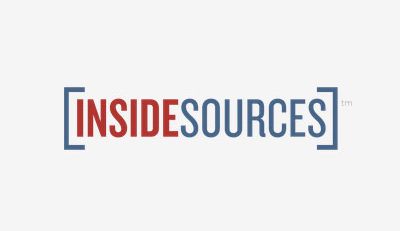Bradley Smith, Greg Walden and Loretta Sanchez
The United States has led the world for 30 years in advocating for and advancing a free and open internet. This vision, deeply rooted in American values, has radically democratized information, given a voice to billions, spurred opportunity and entrepreneurship on a global scale, and made education and learning more accessible than at any time in history. America’s version of the internet is a powerful force for good.
But today, the free and open internet is threatened by digital autocracies like China and Russia. Digital authoritarians envision an internet that looks decidedly un-American. While our internet is rooted in expression and freedom, China’s is rooted in censorship and surveillance. America’s internet is open, inclusive and distributed; China’s is closed, controlling and paternalistic.
But numerous objective rankings show authoritarian regimes are eroding the internet’s promise and potential. In fact, internet freedom has declined globally for 12 consecutive years, and China has ranked last in the world for internet freedom for eight straight years, according to Freedom House’s annual Freedom on the Net report.
To combat this trend, we need a new policy agenda that checks the internet encroachments of countries like China and Russia and will deliver a free and open internet consistent with American and Western democratic values. This agenda has three core pillars.
First, America must slow the spread of foreign digital authoritarianism. To do this, America must have a strong defense and offense.
Defensively, we must first protect American democracy and commerce from cyberattacks by malicious foreign actors. Each year, China steals more than $500 billion in U.S. intellectual property. FBI Director Christopher Wray recently said that the agency is investigating more than 2,000 cyberattacks from China.
